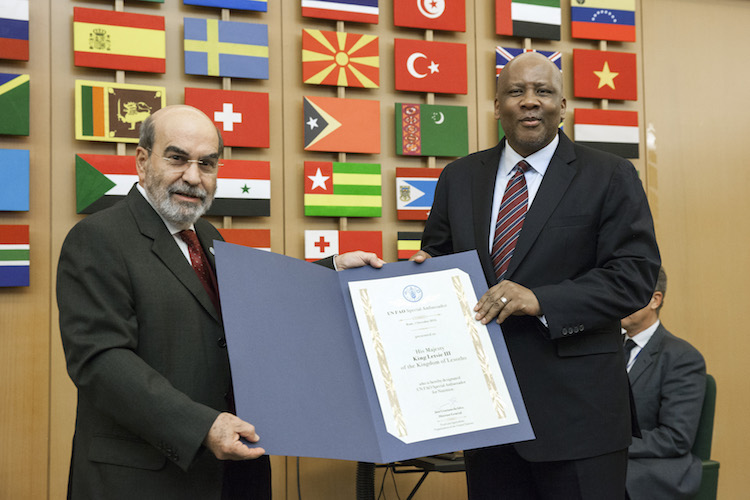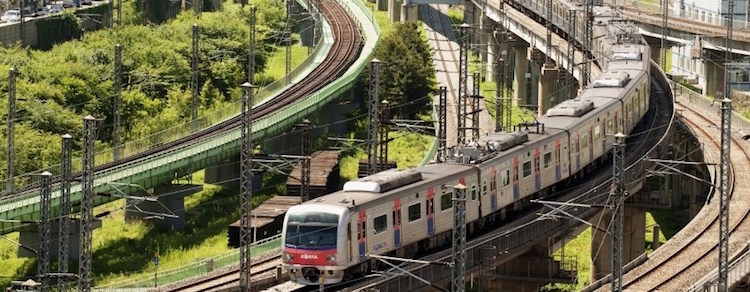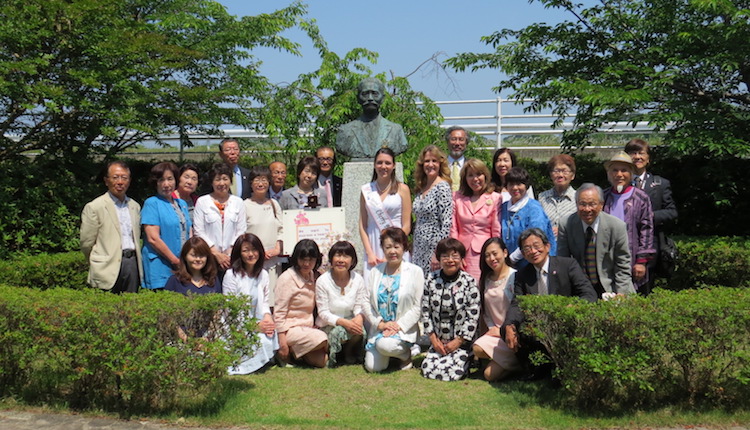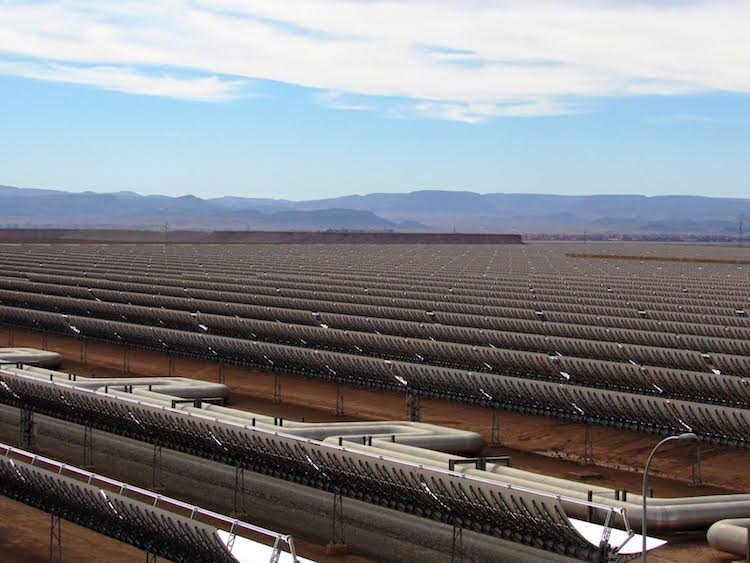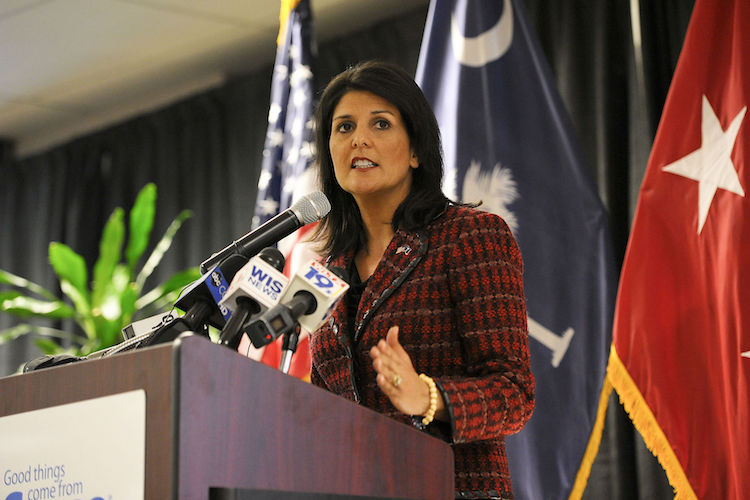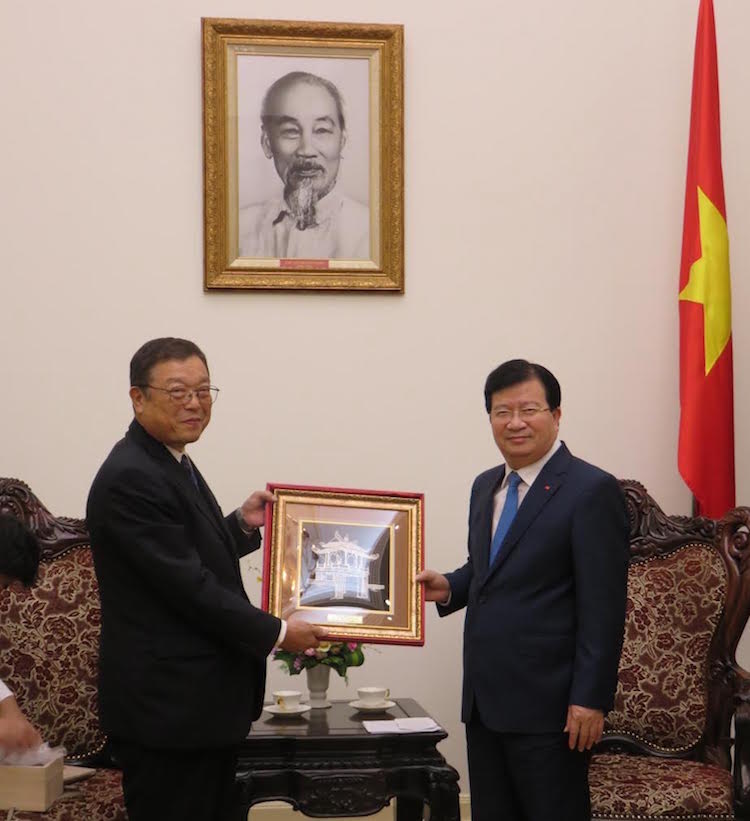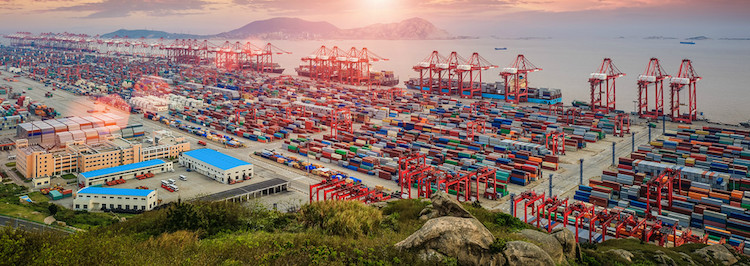By J Nastranis
NEW YORK | ASTANA (IDN) – As Kazakhstan inches towards celebrating 25th anniversary of its independence on December 16, senior officials from the European Union, Russia and China as well as parliamentarians and experts from several countries have commended the country’s achievements since 1991 and welcomed its new international role as a non-permanent member of the UN Security Council beginning January 2017 for two years.
Chairman of the Mazhilis (lower chamber of Parliament) Nurlan Nigmatulin reflected the views of participants in an international conference in Astana, when he said the election of Kazakhstan, as a non-permanent member of the UN Security Council in 2017-2018 was a “convincing evidence of the high international authority of Kazakhstan and its leader Nursultan Nazarbayev”.


